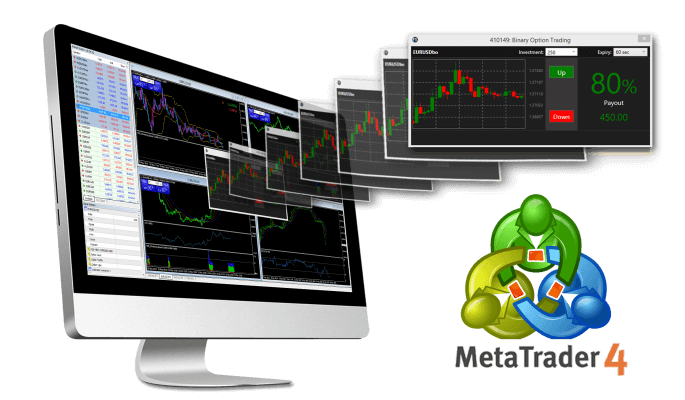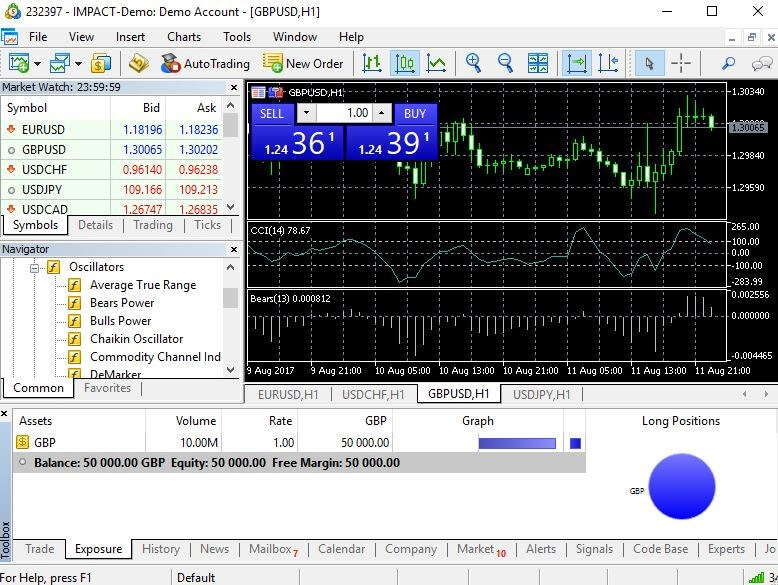
Online Trading Platforms in the UK
More and more people are taking advantage of digital earning opportunities. Powerful platforms allow you to buy and sell currencies in the biggest financial market in the world. Efficient software makes trading online possible, but which programs are best? Here is an overview of the systems used by UK residents today.
Digital Exchange Environment
The platform you pick is essentially your gate to the global currency exchange. This immense marketplace has a daily turnover of up to 5 trillion US dollars. A lion’s share of the volumes is traded by large institutions. Until the 1990s, they were the only players allowed. Today, as a retail trader, you may profit from exchange rate fluctuations just like big banks and businesses do.
It is now possible to place orders and reap profits using handy digital tools — without leaving your home. Today, when humans do so many things remotely, making money online is not uncommon. Well-timed currency exchanges can bring substantial profits. With an account from FXTM, a well-established broker, trading is easily accessible.
Two of the most popular platforms are MetaTrader 4 and MetaTrader 5. These products from MetaQuotes Software Corp. were released five years apart, but they are equally valuable. Which version you pick depends on your experience and goals as a trader. Here are the main distinctions.

Advantages of MetaTrader
Despite the existence of competing products, MT4 and MT5 have not lost the appeal thanks to their wide functionality. Mobile versions of the products allow traders to monitor trends and exchange currency pairs on the go. Consider these attractive features:
- wide range of instruments for trading (currencies, stocks, commodities, CFDs);
- multiple visual aids (tables, line graphs, bar charts, etc);
- quick execution of trades;
- live streaming prices;
- comprehensive compatibility;
- access to finance news;
- sound alerts.
The platforms work on Windows and Mac systems. Software for portable devices is compatible with Android and iOS. Both the Google Play Store and App Store have thousands of genuine user reviews.
The Fourth or the Fifth?
You may assume the later version is better by default. However, if this was the case, millions of traders would not be using MT4 today. The defining difference between the platforms lies in their languages and scope of application. MT4, which uses the MQ4 programming language, is best suited for currency trades. MT5 based on MQ5 has more advanced features for work with diversified portfolios.
Hence, there is little sense in using the fifth edition unless you wish to trade Contracts for Difference, stocks or commodities. Rather than becoming obsolete, MT4 remains the top choice for rookies and currency traders. The more sophisticated functions of MT5 are not always necessary.
Features Added to MT5
The layout of both programs is very similar, and some functions are shared. However, graphic analytics in MT5 is undeniably richer and more complex. There are more time frames, technical indicators, graphic objects, pending order types and execution modes. Here are some unique benefits that do not exist in MT4:
- In-built economic calendar;
- Depth of market;
- Netting.

Different System Languages
The mentioned distinctions are based on the differences between the two program languages — MQ4 and MQ5. These are incompatible with one another and use specific algorithms. While MT4 offers position-based Forex trading, MT5 works with orders. Clients may not create or alter scripts unless they use the later version. Besides, each operation in MQ5 requires just one function, while several functions need to be used in MQ4.
Reasons For Popularity of MT4
The more advanced nature of MT5 is undeniable. Regardless, its predecessor is still the best environment for Forex neophytes. Thanks to its clear and relatively simple interface, rookies may gain experience without graphics overload. It is the top choice for those who are only beginning to delve into the world of Forex trading and do not go beyond the realm of currency pairs.




















